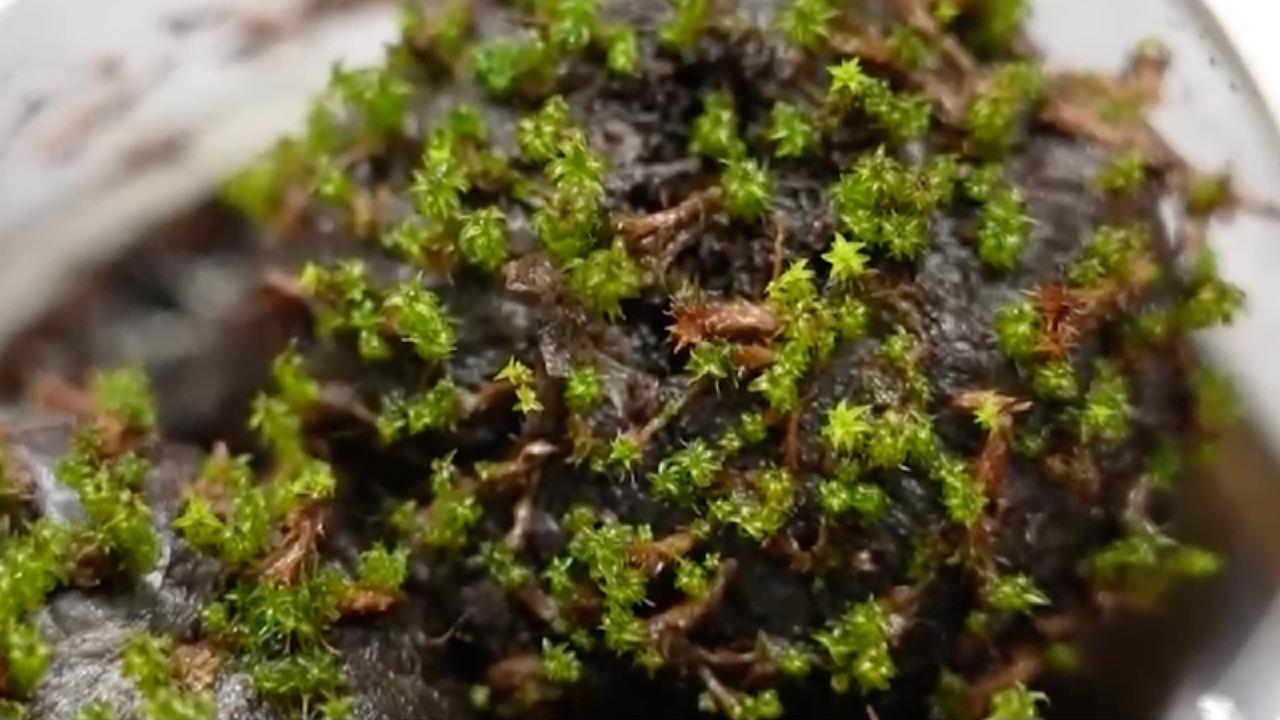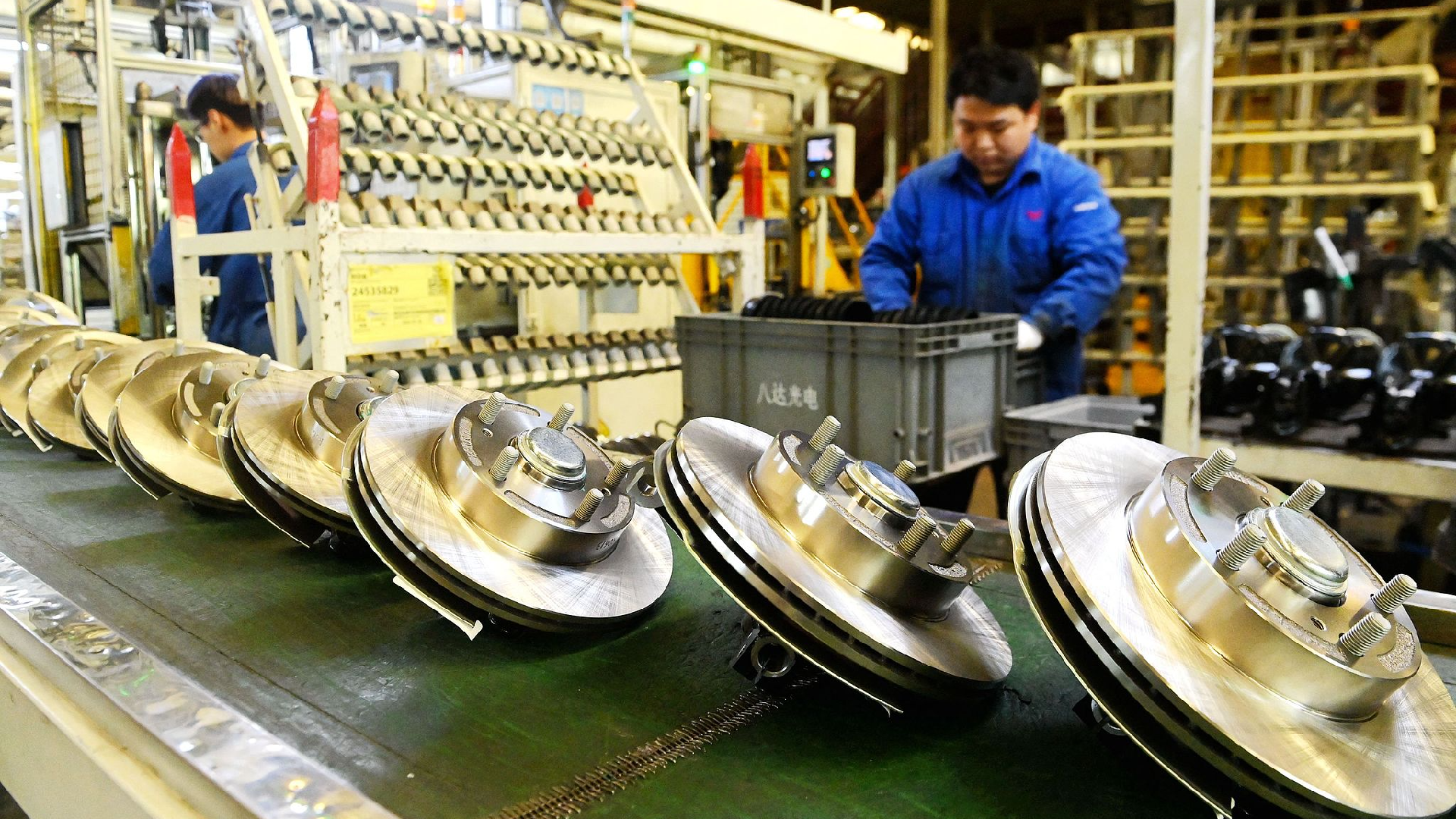Chinese researchers unveil cold-tolerance mechanism in desert moss
Chinese researchers have uncovered the cold-tolerance mechanism in desert moss. Their findings provide insights into how this resilient plant species adapts to frigid temperatures, which could have broader implications for understanding plant survival in extreme climates.

The research, conducted by the Xinjiang Institute of Ecology and Geography at the Chinese Academy of Sciences, has recently been published in the journal Plant, Cell & Environment.
Renowned for its durability against desiccation, freezing, and gamma radiation, the steppe screw moss has previously shown the capacity to survive under simulated Martian conditions.
To investigate its molecular response to cold stress more closely, the researchers conducted RNA sequencing on hydrated samples subjected to temperatures of 4 and minus 4 degrees Celsius, monitoring gene expression over time.
The findings revealed that essential processes such as sugar and energy metabolism, lipid metabolism, and antioxidation significantly bolster the moss's resilience to cold stress.
An analysis indicated that the majority of genes associated with photosynthesis were up-regulated when exposed to cold, implying that the moss may modify its metabolic pathways to endure low temperatures.
A particularly striking finding was the involvement of A-5 DREB genes, notably ScDREBA5, which demonstrated an up-regulation of approximately 1,000-fold. This gene appears to play a crucial role in the moss's ability to withstand freezing conditions, according to the study.
"This study not only deepens our understanding of cold tolerance mechanisms in the steppe screw moss but also provides valuable insights for developing hardier crops capable of thriving in extreme environments," remarked Li Xiaoshuang, the study's corresponding author.
James del Carmen for TROIB News
Find more stories on the environment and climate change on TROIB/Planet Health












